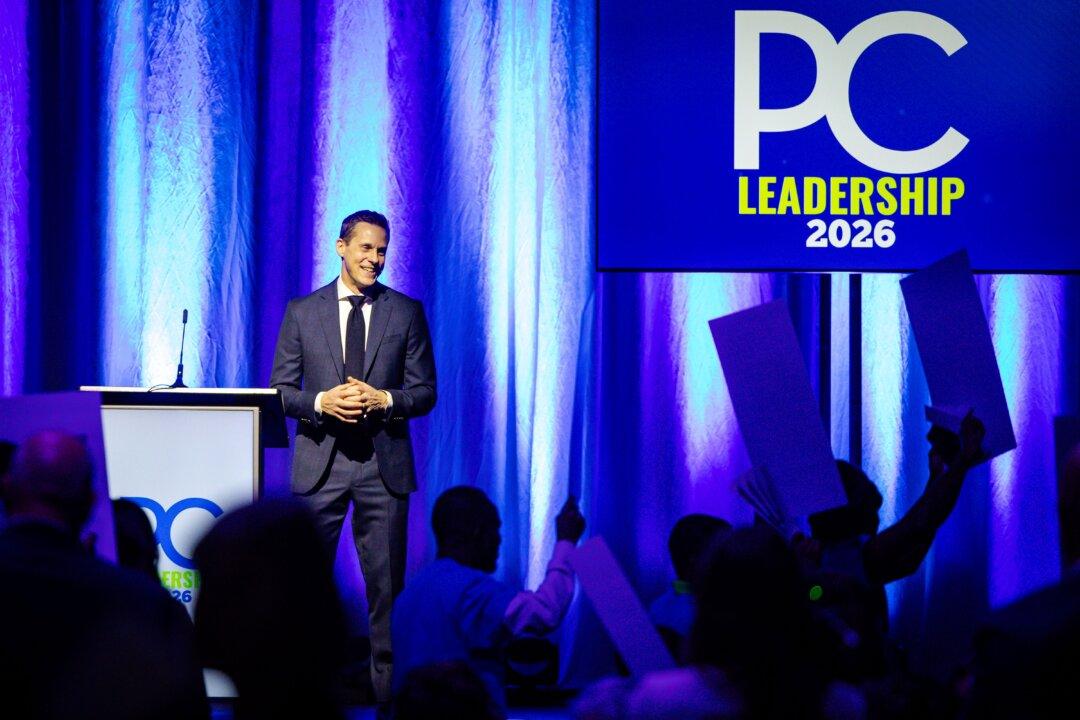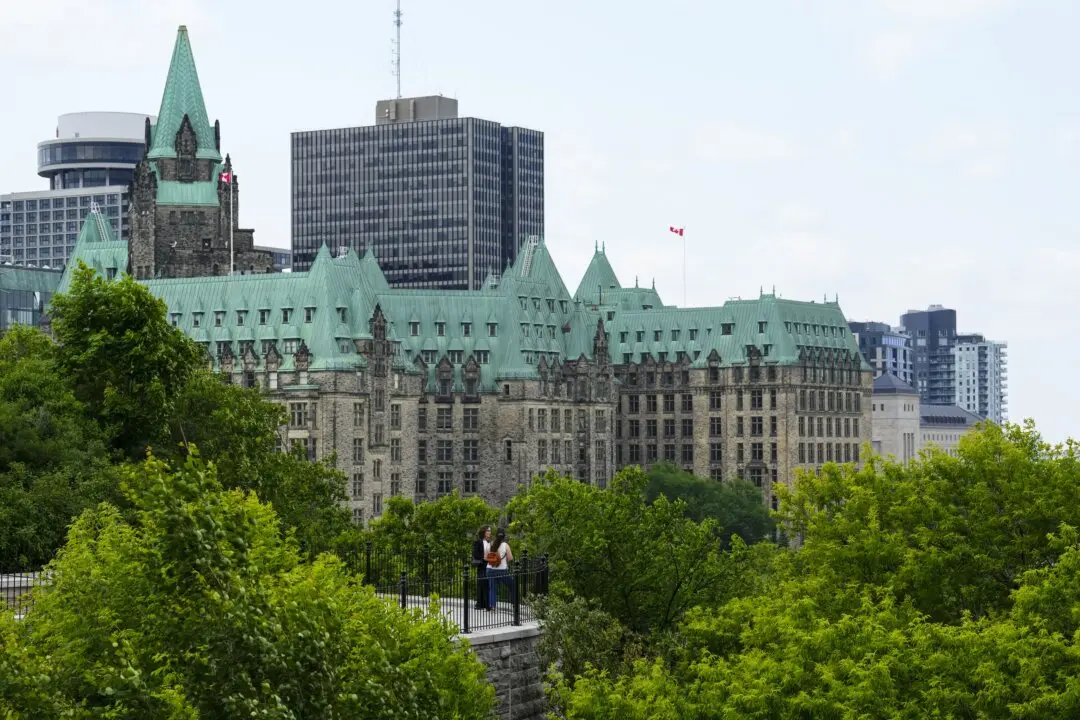The Canadian government’s digital services tax (DST) that will require foreign tech giants to pay 3 percent of revenues on their operations in Canada has come into force.
It’s a move that industry leaders in the United States are fighting against, with United States Trade Representative Katherine Tai saying they will use every available tool to do so.





